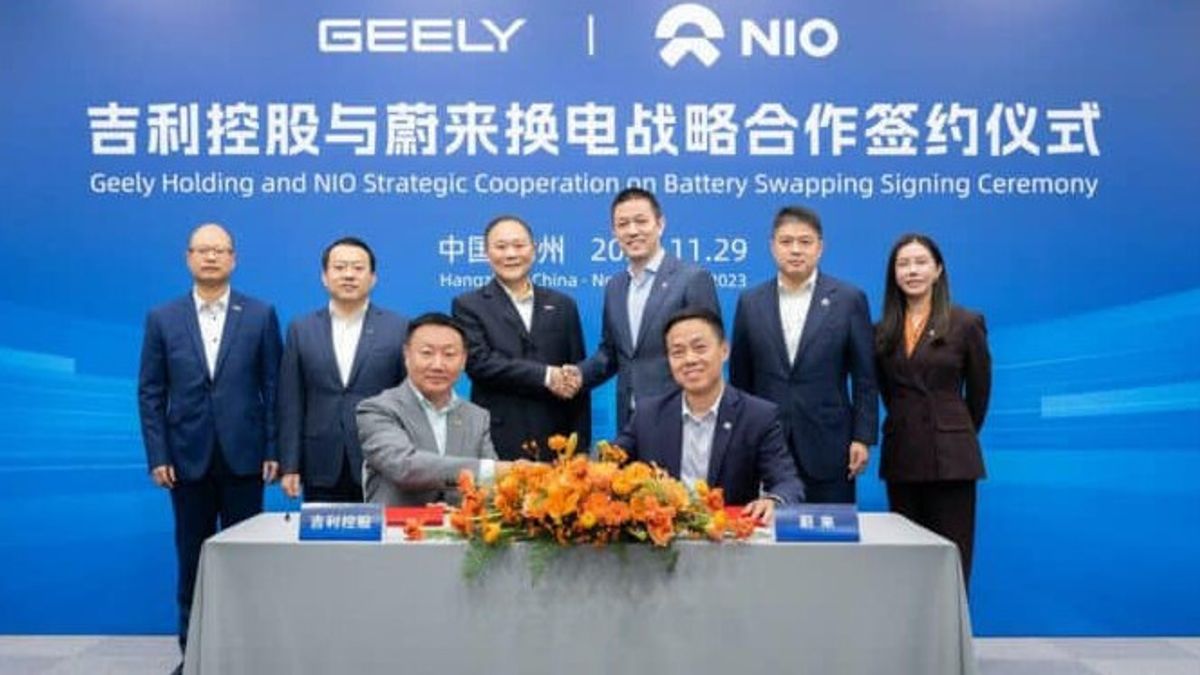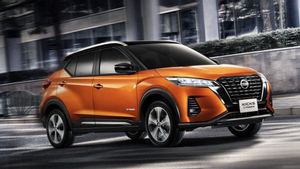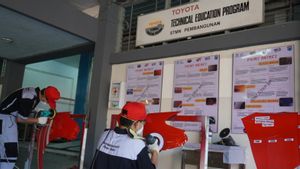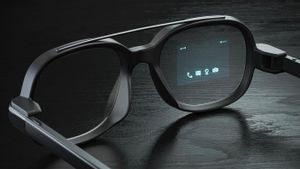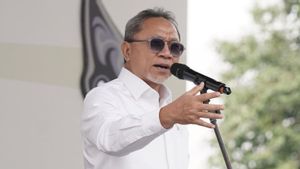JAKARTA - Electric vehicle battery exchanges are trending in the automotive industry, especially electric cars because they are clearly faster than battery charging. Users only need to exchange empty batteries for fully charged batteries, which can be done in a relatively short time.
With battery exchange, users can increase vehicle range quickly. They don't have to wait for the battery to be fully charged, but only exchange the battery that runs out for the one that is already charged.
With so much convenience from this system, the Chinese automaker Nio collaborates with Geely Holding, on the battery exchange business to increase standards, from technology to network development.
Carnewschina reported on Friday, December 1, with this collaboration Geely will partner with Power Swap Stations (PSS) or exchange of second batteries for Nio.
As is known, Zhejiang Geely Holding Group Co., currently has two brands that produce electric vehicles with battery exchange functions, namely Cao Cao Auto and Livan. Cao Cao is a Uber-like ride-hailing service, with Cao Cao Auto making his car. The latest model is Cao Cao 60, which is quite popular among taxi drivers.
The second brand, Livan, with the 7th model that launched last September, is even claimed to be the cheapest electric passenger vehicle in the world that supports battery exchange.
The cooperation between the two parties can also provide convenience for each user, without the need to charge an electric vehicle which does take quite a long time. By exchanging the battery, it will be more practical.
SEE ALSO:
Previously, Geely previously announced that they would have 5,000 battery exchange stations by 2025. Not without reason, because the company has two sub-brands that do produce electric vehicles with exchangeable batteries.
The English, Chinese, Japanese, Arabic, and French versions are automatically generated by the AI. So there may still be inaccuracies in translating, please always see Indonesian as our main language. (system supported by DigitalSiber.id)
